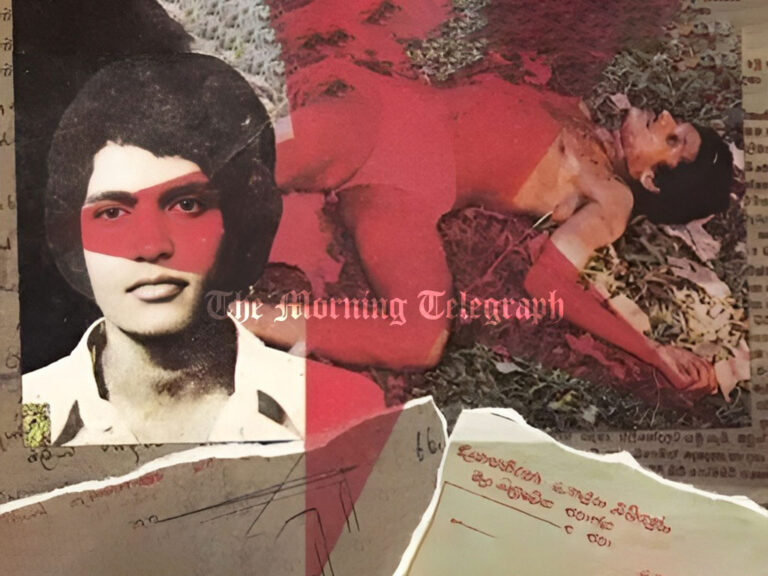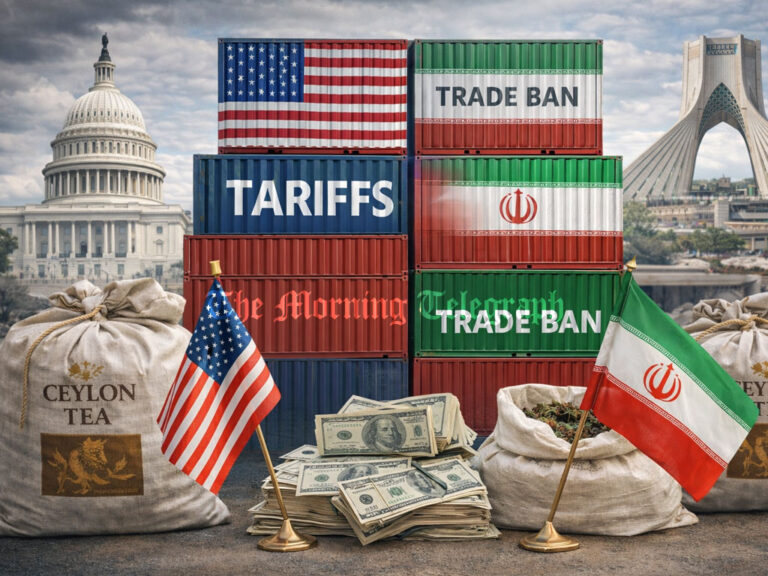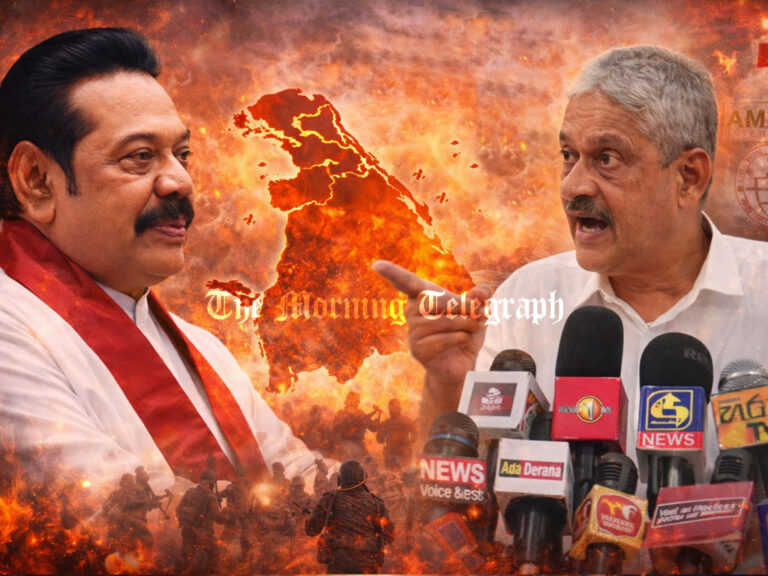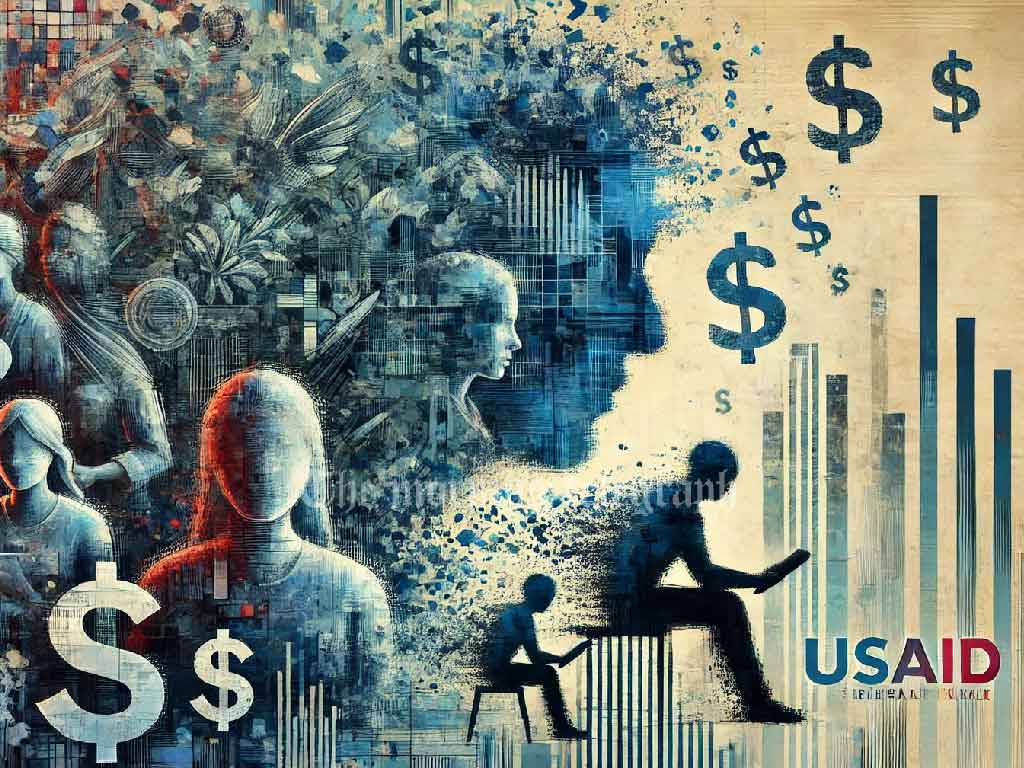
On January 20, U.S. President Donald Trump signed an executive order suspending foreign projects funded by the United States for 90 days. This decision has directly impacted several projects in Sri Lanka that were funded by the United States Agency for International Development (USAID).
As a result, numerous ongoing development programs in Sri Lanka have been suspended, and the official USAID website along with several related social media accounts have been deactivated, raising further concerns about the program’s future.
What is USAID?
The United States has provided aid to many countries affected by World War I and World War II, including those in Europe and Asia. However, during the administration of President John F. Kennedy, there was a push to streamline U.S. foreign aid programs under a single agency, with a focus on economic and social development.
As a result, the United States Agency for International Development (USAID) was formally established on November 3, 1961, by an executive order signed by President Kennedy. Since then, it has been the primary agency responsible for administering U.S. foreign aid programs worldwide, working on areas such as healthcare, education, disaster relief, governance, and economic growth.
USAID’s Contributions to Sri Lanka
Since its establishment in 1961, USAID has played a significant role in Sri Lanka, funding projects in healthcare, education, technical training, agriculture, livelihood development, environmental and natural resource management, governance, humanitarian assistance, and post-conflict transitional justice.
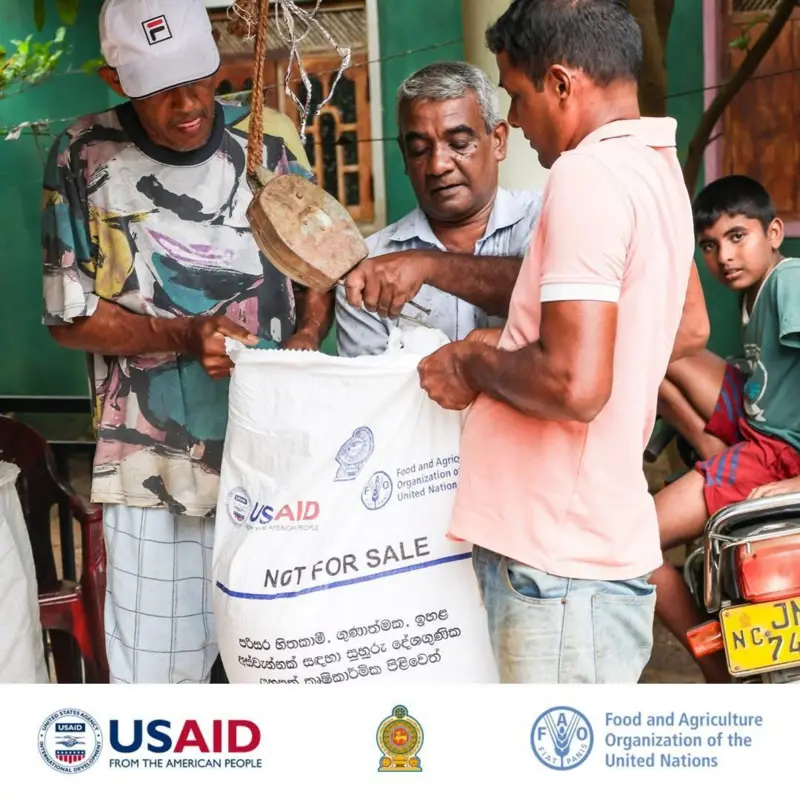
According to the USAID Sri Lanka Facebook page, the agency has provided approximately 350 billion rupees ($2 billion USD) in funding for various projects in Sri Lanka over the years.
The aid has supported both government-led initiatives and non-governmental organizations (NGOs), assisting in poverty alleviation, economic reform, infrastructure development, and community-building programs.

“We Had to Say Goodbye Reluctantly”
Bhumi Harendran, Chairwoman of the Transgender Foundation, which works for the rights and welfare of Sri Lanka’s transgender community, expressed deep concerns over the impact of the USAID funding halt.
“Funds are necessary to sustain any form of assistance. Due to this funding suspension, many of the services we provided to a marginalized community have been disrupted. Additionally, some of our team members have been forced to leave their positions unwillingly,” she said.
“We were carrying out nationwide programs aimed at improving the lives of transgender individuals. These included knowledge-sharing programs, guidance for people transitioning, and support services for adult transgender individuals. Now, these activities are at risk of being discontinued, as no other program in Sri Lanka currently caters to these specific needs,” Harendran added.
“A Large Number of Jobs Are at Risk”
Sandun Thudugala, Program Director of Law and Social Trust, warned that the USAID funding suspension has jeopardized the jobs of thousands of Sri Lankans working on development projects.
“The U.S. has historically supported foreign nations not only through USAID but also via various other programs. In Sri Lanka, USAID has been a key funding partner for both government and non-governmental organizations.
Numerous NGOs, directly and indirectly, relied on USAID funding to deliver services related to human rights, democracy, livelihood development, and post-war rehabilitation.
According to the information available, the funding suspension is set to last for 90 days, and the USAID online portal has also been deactivated, which has caused a great deal of uncertainty.
Currently, over a thousand people are employed in these projects. If the funding remains halted, the fate of these individuals and their jobs remains unknown.
Many of these programs are deeply integrated into vulnerable communities, and a prolonged funding freeze could severely disrupt services that people depend on,” he added.
“There Will Be a Huge Impact at the Rural Level”
Professor Aminda Metsila Perera, an economist at Wayamba University, stated that the USAID funding suspension will have severe repercussions, particularly for Sri Lanka’s rural population.
“This time, there is immense global attention on Donald Trump’s policies, particularly regarding economic and social policies under his presidency.
As a Republican leader, he prioritizes America First, which means cutting foreign aid to focus on domestic economic stability. This is why he has also imposed trade tariffs on countries like Canada, China, and Mexico,” Professor Perera explained.
“By halting USAID funding, the U.S. is aiming to reduce the outflow of American dollars and strengthen its domestic economy.
However, for a country like Sri Lanka, which is already grappling with an economic crisis, the suspension of USAID funding is a serious setback.
Over the years, USAID has played a crucial role in supporting post-war development, rural empowerment, and economic stability programs. Many activities related to livelihood development, agriculture, and skills training were made possible through this funding.
Additionally, USAID supported training programs for government officials and public sector development projects through various institutions.
Now, with President Trump’s executive order, Sri Lanka will face significant economic hurdles, along with many other nations that previously benefited from U.S. foreign aid.
Many Sri Lankans have historically viewed NGOs with skepticism, but these organizations have played a crucial role in improving rural livelihoods and implementing poverty reduction programs.
With USAID funding suspended, the effects will be deeply felt at the community level,” Professor Perera concluded.
What Happens Next?
While the USAID funding suspension is currently set for 90 days, there is no clear indication whether funding will be restored afterward or whether this marks the beginning of a long-term reduction in U.S. foreign aid commitments.
For Sri Lanka, the immediate impact has been the disruption of development projects, uncertainty for thousands of workers, and potential setbacks in critical areas such as healthcare, education, and governance.
As the situation unfolds, Sri Lankan authorities, NGOs, and affected communities await further clarification on whether USAID assistance will resume, or if this decision signals a permanent shift in U.S. foreign aid policy.

